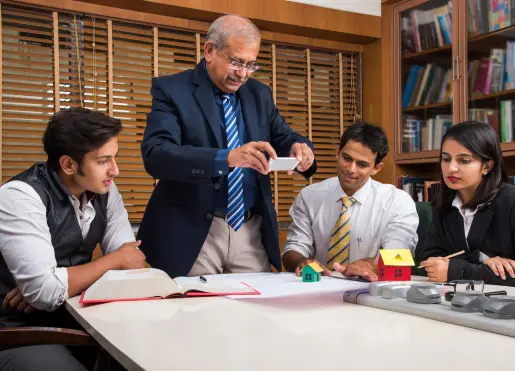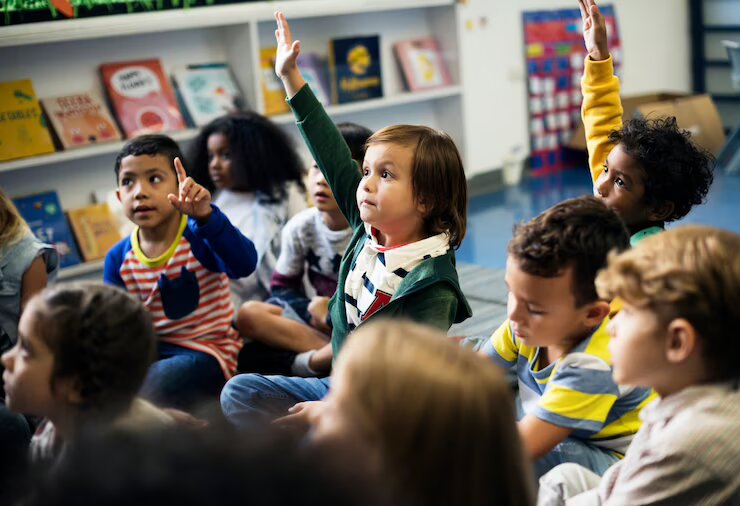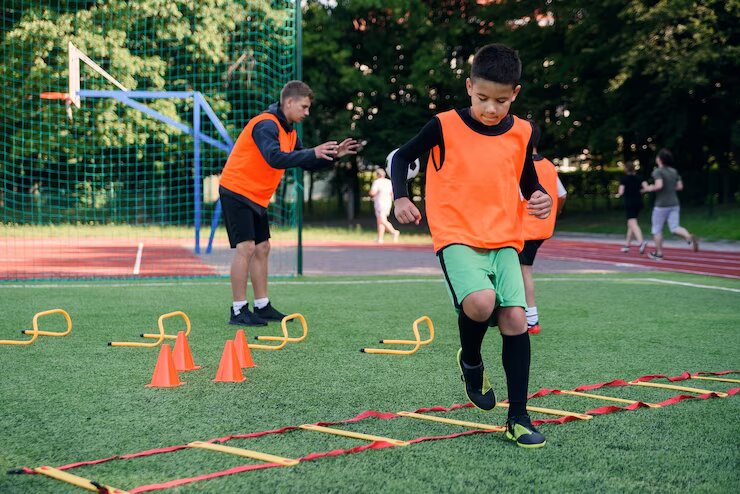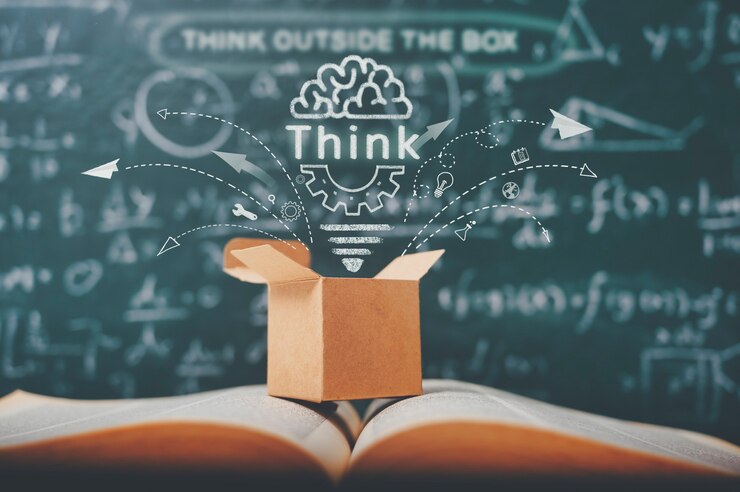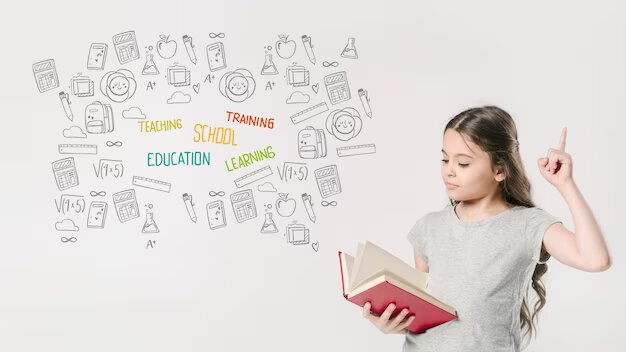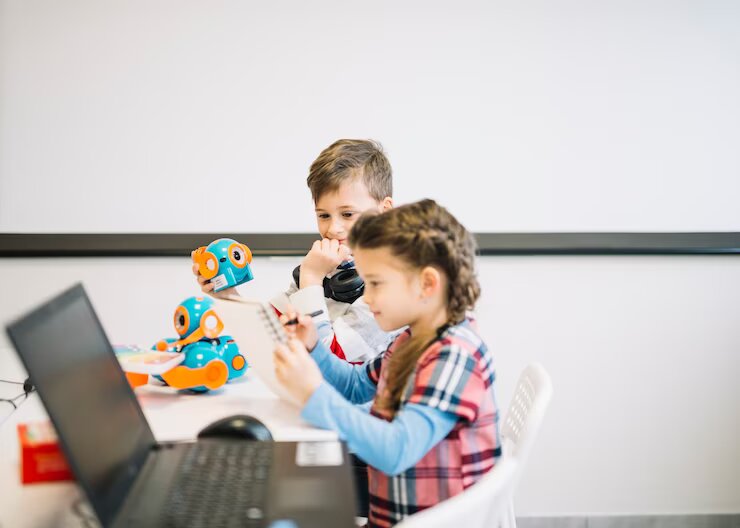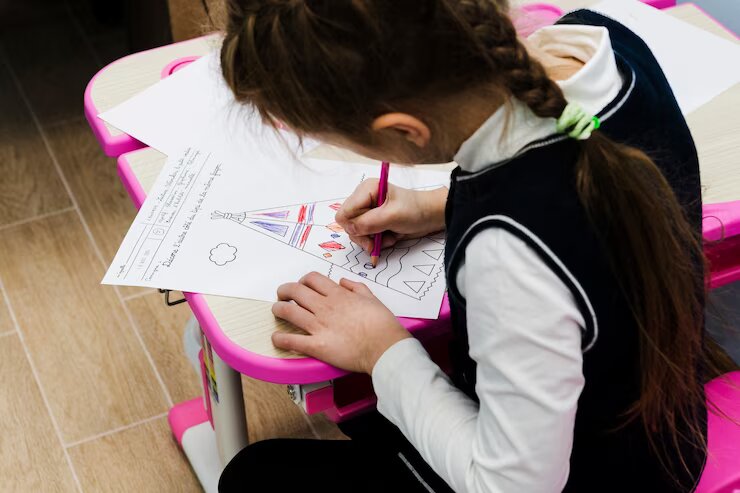The utilization of this school website is governed by the policies, terms, and conditions set forth (Terms and Conditions of Use). Please read them through thoroughly and carefully. Your use of this site indicates your acceptance of each of the Terms and Conditions of Use. National Public School, Hosur Road reserves the right to modify this site in any fashion at any time as well as these Terms and Conditions of use.
Copyright and Trademark
• This website contains copyrighted material, trademarks and other proprietary information including items such as photography, video, graphics, text, software and forms. Each of the items mentioned prior are subject to copyright laws. You may not modify, publish, display, transmit or subject yourself to the transfer or sale or in any form, exploit the content that exists on this website or that of any affiliates.
• The data, information, materials, and services provided on this website are for the use to benefit the students, parents, members, and staff of National Public School, Hosur Road and beyond. Changes or modifications to pages, structure or procedure may incur at any time on this website. The materials on this website are provided in an “as is” state, without warranties of any type, either expressed or implied to the largest extent permissible to the applicable law.
• You shall not upload, e-mail, post or make available in any other fashion any material on this website that is protected by copyright, trademark or other laws; that is, without direct permission from the absolute source.
Disclaimer of Warranty / Limitation of Website Liability
• Agreement: You shall agree that the use of this website is at your sole risk. National Public School, Hosur Road, affiliates or any other organization or members, therein, shall not incur any responsibility for your use of this website. The school is not liable for any negative impact that is incurred to any one individual’s computer.
• Limited License: National Public School, Hosur Road website are for educational use. Unless otherwise expressed, you may not modify, copy, distribute, re-distribute, transmit, display, use, publish, license, create derivative material from, transfer, or sell any information or content contained anywhere on this website or any sub-websites, via direct or indirect means.
• Limitation of Liability : National Public School, Hosur Road shall not be liable for any loss or damage, including without limitation direct or indirect, special, economic, incidental or consequential damages, losses or expenses arising in connection with this site or use there of or inability to use by any party, or in connection with any failure of performance, error, omission, interruption, defect, delay in operation or transmission, computer virus or line or system failure, even if School has been advised of the possibility of such damages, losses or expenses.
Post of Content
National Public School, Hosur Road reserves the right, in its sole discretion, to refuse to post or remove any material submitted to, or posted on the website. Without limitation, National Public School, Hosur Road shall have the right to remove any material that National Public School, Hosur Road, in its sole discretion, finds to be in violation of the provisions hereof or otherwise objectionable, with regard to the standards of policies and procedures set forth by National Public School, Hosur Road management.
Modification of Terms
National Public School, Hosur Road has the right to, at any time, change, or modify the terms and conditions applicable to the use of this website. Such changes or modifications shall be effective immediately upon notice thereof, which may be given by any means necessary in order to provide the most accurate and effective information possible.
Payment Methods and Registration of Information
Payment has to be made at that time of registration. Payment can be made either by draft, cheque, credit/debit card (acceptable by Corporation Bank) or Electronic Fund Transfer (EFT).
Accounts and Security
If any of the service on the website requires you to open an account, you must complete the registration process by providing us with true, current, complete and accurate information as prompted by the applicable registration form, and you will maintain and promptly update such information to keep it true, current, complete and accurate. You also will choose a password and a user name. You are entirely responsible for maintaining the confidentially of your password and account. Furthermore, you are entirely responsible for any and all activities that occur under your account. You agree to notify National Public School, Hosur Road of any unauthorized use of your account or any other breach of security. National Public School, Hosur Road will not be liable for any loss that you may incur as a result of someone else using your password or account either with or without your knowledge. However, you could be held liable for losses incurred by NPS or another party due to someone else using your account or password. You may not use anyone else’s account at any time, without the permission of the account holder. You acknowledge and agree that certain services may provide password-restricted access to customer information such as names and certain terms of your contracts. By using this website and registering for such services, you consent NPS display of such information via the services and accept all risks of unauthorized access to such information. If you provide any information that is false, inaccurate, out of date, or incomplete or NPS have reasonable grounds to suspect that such information is false, inaccurate, not current, or incomplete, NPS may suspend or terminate your account and refuse any and all current or future use of the services or any portion thereof. You are responsible for all costs and charges, including without limitation, phone charges and telecommunications equipment that you incur in order to use the services.
No Unlawful or Prohibited Use
As a condition of your use of the website, you will not use the website for any purpose that is unlawful or prohibited by these terms, conditions, and notices. You may not use the services in any manner that could damage, disable, overburden, or impart any NPS server, or the network(s) connected to any NPS server, or interfere with any other party’s use and enjoyment of the website. You may not attempt to gain unauthorized access to services, materials, other accounts, computer systems or networks connected to any NPS server or to the website, through hacking, password mining or any other means. You may not obtain or attempt to obtain any materials or information through any means not intentionally made available through the Website.
Materials Provided to OIS or Posted to the Website
Unless otherwise specified, NPS does not claim ownership of the materials you provide to NPS (including, without limitation, information, ideas, concepts, techniques, feedback, data, questions, comments and suggestions, or the like) or post, upload, input or submit to the website or its associated services for review by NPS, the general public, and/ or by the members of any public or private community (each a “submission” and collectively “submission”) and such submissions shall be deemed not to be confidential. However, by posting, uploading, inputting, providing or submitting (“posting”) your submission you are granting NPS, its affiliated companies and necessary sub licensees permission to use your submission in connection with the operation of their businesses (including, without limitation, all NPS), including without limitation, the license rights to: copy, distribute, transmit, publicly display, publicly perform, reproduce, edit, modify, translate and reformat your submissions; to publish your name in connection with your submission; develop, manufacture, and market products incorporating such ideas, concepts, or techniques, and the right to sublicense such rights to any supplier of the services and/or materials on the website.
No compensation will be paid with respect to the use of your submission, as provided herein. NPS is under no obligation to post or use any submission you may provide and NPS may remove any submission at any time in its sole discretion. By posting a submission you warrant and represent that you own or otherwise control all of the rights to your submission as described in these Terms of Use including, without limitation, all the rights necessary for you to provide, post, upload, input or submit the submission.
You acknowledge that National Public School, Hosur Road does not pre-screen Submissions, but that National Public School, Hosur Road and its designees have the right (but not the obligation) in their sole discretion to block or restrict access to or the availability of, or to disable, any Submissions that is available via the website. Without limiting the foregoing, National Public School, Hosur Road and its designees may disable, restrict access to or the availability of, any Submissions that violates the Terms of Use or is otherwise objectionable. You must evaluate, and bear all risks associated with, the use of any Submissions, including any reliance on the accuracy, completeness, or usefulness of such Submissions.
You understand the all Submissions, whether publicly posted or privately transmitted, are the sole responsibility of the person from whom such Submissions originated. This means that you, and not National Public School, Hosur Road, are entirely responsible for all Submissions that you upload, post, provide, input, submit, or otherwise transmit via the website. National Public School, Hosur Road does not control the Submissions posted via the website and, as such, does not guarantee the accuracy, integrity or quality of such Submissions. You understand that by using the website, you may be exposed to Submissions from others that are offensive, indecent or objectionable.
Spam E-mail and Postings
You agree that National Public School, Hosur Road would be irreparably harmed by the use, by you or others, of the website or facilities in connection with the transmission of spam newsgroup postings or unsolicited e-mail in violation of these terms of Use, and that National Public School, Hosur Road is entitled to obtain injunctive relief against any such transmission (in addition to all other remedies available at law or in equity). National Public School, Hosur Road reserves the right to block, filter or delete unsolicited e-mail.
Indemnity
You agree to indemnify, defend and hold National Public School, Hosur Road, and its subsidiaries, affiliates, officers, agents, co-branders, partners, and employees, harmless from any claim or demand, including reasonable attorneys fees, made by any third party due to or arising out of your Submissions, your use of the website including any use by your employees, your connection to the website, your violation of the Terms of Use, or your violation any rights of another.
Summary of Agreement
Each of the prior Terms and Conditions of Use validates the entire agreement between National Public School, Hosur Road and you, as the user or visitor of National Public School, Hosur Road website. Any changes to this Terms and Conditions of Use take effect immediately.


